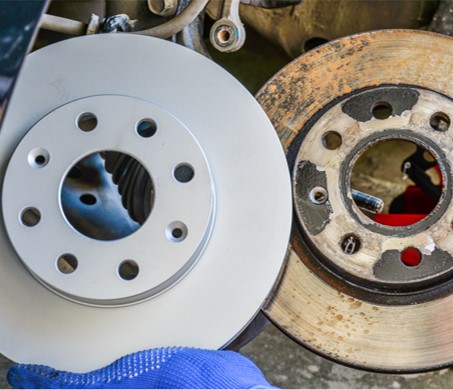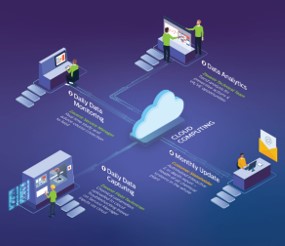Insights
METAL CLEANING
METAL CLEANING

Metal Surface Cleaners for Automotive Industry
Automotive components must meet high performance standards and ensure safety. To ensure the quality of these components, the use of cleaners is crucial. Therefore, it is of utmost importance to choose the appropriate automotive component cleaner. Several best practices can be applied to achieve optimal results. Metal surface cleaners are integral to manufacturing operations and play a pivotal role in improving component quality. Various types of cleaners with diverse properties are available.
June 2024
Rust removal never been so simple
There are two basic methods of rust removal - mechanical and chemical. The method used depends upon the type of structure, its location, the kind and severity of corrosion. Mechanical methods of corrosion removal are more common, including abrasive mat, abrasive paper, powered mechanical sanding, buffing, grinding, shot blasting, etc. Chemical methods of rust removal are only applicable on light corrosion and used where the chemicals cannot migrate to other areas.
June 2024
Chemistry 4.0 in parts cleaning
The need for sustainable performance at economical costs drives the degree of automation in industrial component cleaning. It involves process innovations that combine processes engineering, chemistry, and information technology. Process engineering includes monitoring and controlling the process quality with system components adapted with sensors and actuators. Chemistry 4.0 plays a key role by complementing process engineering with the desired cleanliness levels, cost benefits, and productivity enhancements. The IT part makes the system capable of communication. At the base level, this may be just reporting and recording of control & output parameters. A digital model for process control and cyber-physical systems to minimize human intervention makes it more advanced.
June 2024
